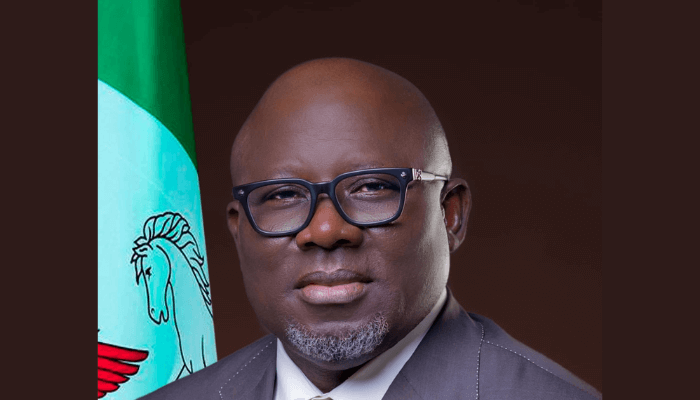ABUJA -A water specialist, Prof. Lekan Oyebande, has urged all stakeholders in the water sector to put in place policies to check indiscriminate drilling of bore holes.
Oyebande told newsmen in Abuja that the underground layer of water-bearing porous stone should be protected from depletion.
Reports indicate that ground water depletion is a long-term water-level decline caused by sustained groundwater pumping.
According to him, many developing nations which have population and pollution issues are also facing serious water-related problems.
“Nigeria, African’s most populous country with about 170 million people, has limited water supply and this is a big challenge to development.
“We need all stakeholders at all levels to prioritise these issues to reduce the number of persons falling ill on a daily basis due to lack of access to potable water supply,’’ he said.
He cited the inability of government to provide adequate water for its citizenry as the leading cause of proliferation of boreholes across the country.
“It will be difficult for people to say government should prevent the indiscriminate drilling of boreholes as this will be extreme.
“So, what is being advised is this, instead of individuals drilling boreholes, people can cooperate, maybe one borehole or two will serve a street.
“It will be easier to control because water is important.
“All over the world, most of the coastal cities population depend on ground water, so if we destroy that, it is going to tell on us,’’ he said.
Oyebande also stressed the need for all stakeholders to put in place policies to improve access to potable water, saying “water is central to development.”
On the development of Nigeria’s water sector, Oyebande called on government to encourage private sector participation in the provision of potable to the people.
“ For the private sector to come in, there must be an environment that will enable it to make profit, unless they can make profit, they won’t invest,’’ he said.
The expert, who said he had carried out water surveys since 1980, noted that Nigerians are willing to pay for water provided it is available.
“Tariff for water will have to be realistic, what we are charging for water now is too low to bring in the private sector.
“People are willing to pay provided it is reliable, but willingness to pay could be limited by affordability,’’ he said.
He said with the international convention in Rio in 1992, Rio+10 in South Africa and others, stakeholders have affirmed that water is not only a social good, but an economic good.
The don described water as an environmental good which needed to be managed for sustainability.


